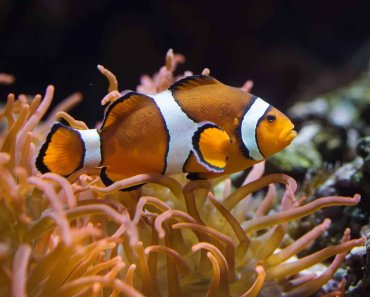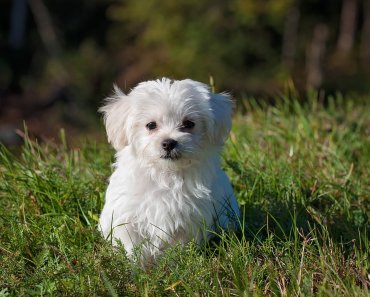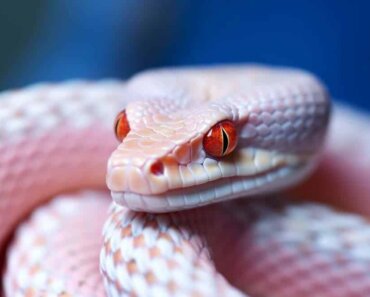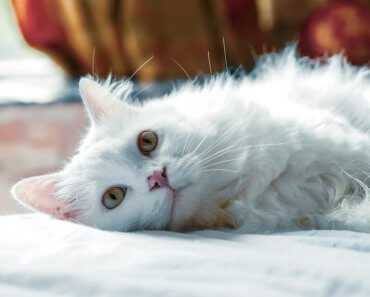/close-up-of-a-macaw---blue---gold-172205799-5b5bd49ac9e77c002573344f.jpg)
For original article click here
:max_bytes(150000):strip_icc()/GettyImages-547159427-5750888d3df78c9b46003b20.jpg)
retales botijero / Getty Images
African grey parrots often have the intelligence level of a young child, and for this reason, a child probably isn’t the best choice for their caretaker. These sensitive birds do well with gentle, patient adults, especially those who have sufficient time to interact with their birds. They need lots of mental and physical stimulation to remain happy and healthy.
Length: 9 to 14 inches
Weight: 11 to 19 ounces
Physical Characteristics: Mostly gray plumage with pale edging; black beak and bright red tail (Congo African grey); tan upper beak and maroon tail (Timneh African grey)


























